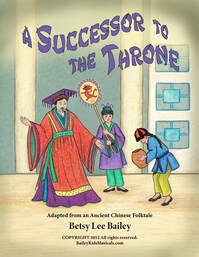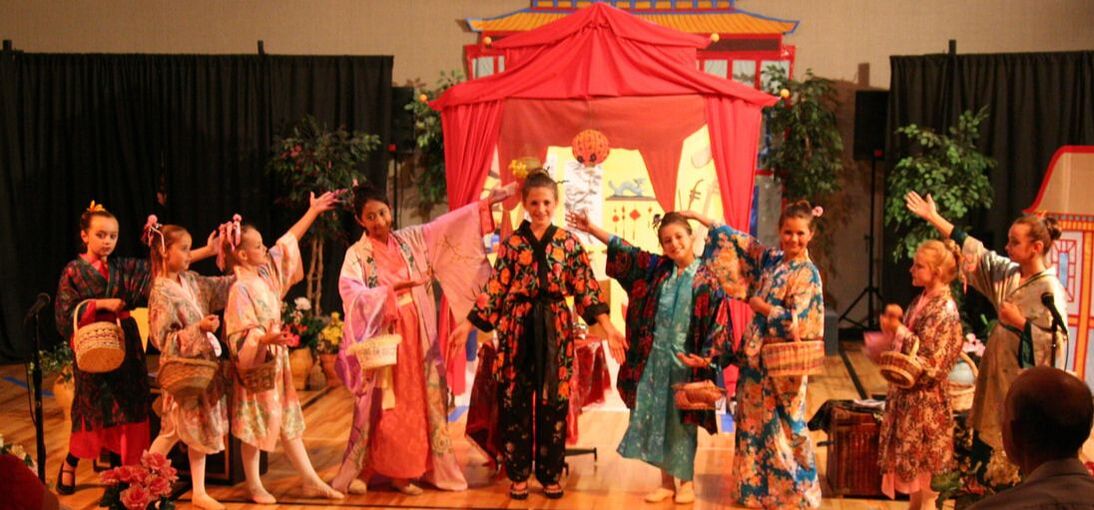
This situation can be so difficult. Many plays and musicals called Children's Theater are actually for teen-aged actors or older. In my experience, there is a shortage of vehicles written expressly for young actors (ages 5-12).
I discovered this situation when working with a children's theater company in Maryland. They usually did a main stage production for young actors aged 10-14. Yet in the Summer they had 3-week Camps where the students who signed up were usually children aged 5-8 years old and nearly all little girls who expected a starring role!
The artistic director of this company regularly asked me to take care of the younger students. So what exactly do you do with 10 little girls under the age of 8 and two 6-year-old boys?
I looked and looked for a vehicle that would suit this group to no avail. First off, most of the musicals I found were written for a few narrators and a chorus. The individual young actors did not get lines to say or any real acting interplay with other actors. The staging was pretty static with the children just standing to sing the few simple songs.
The company director wanted me to find vehicles where the children actually got to sing, dance, and act, and everyone needed a featured role with lines and a backstory. (This was no small feat when most of the stories had male protagonists and nothing for a corps de ballet of little starlets!)
I just never found suitable material for our groups. So in desperation, I began to write my own musicals. "Stone Soup" was written over one weekend just before Camp started. Other shows written for those 3-week summer camps were "The Empty Pot," "The Boy Who Cried Wolf," and "Momotaro."
Then we moved. After we came to Utah, I was hired to direct the school musicals for several elementary schools. Before COVID threw a wrench in everything, I wrote and directed many shows for 4-5th grades and drama clubs. "The Ants and the Grasshopper," "The Tale of the Musicians of Bremen," "The Country Mouse and the City Mouse," "A Successor to the Throne," "The Tale of Chicken Licken," "Never Cry Wolf," "Parizade's Quest," and "The Adventures of Dick Whittington."

"A Successor to the Throne" is an example of how the script and score evolved over time depending on whether I had particularly talented students. Such fun to reminisce about all of the young talented children that had a hand in creating these shows!
 RSS Feed
RSS Feed